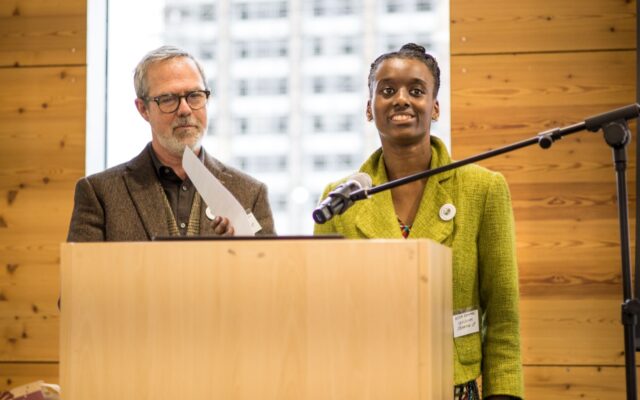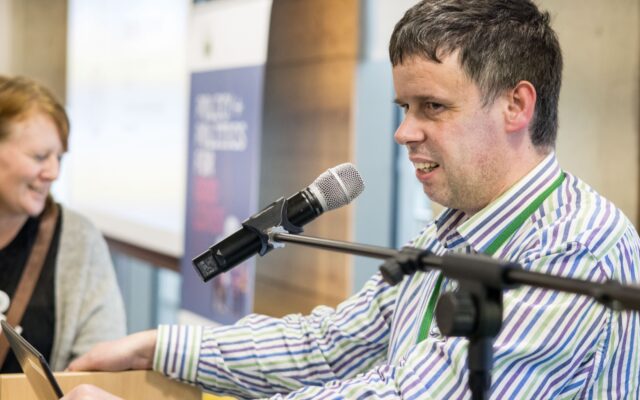Our powerful interview with Katie Price (Katie Price ‘I will show disability should be accepted in everything’ ) about her fight on behalf of her son Harvey can teach us much. She has had to fight a battle against a perfect storm of different prejudices – disability, race, class and gender – to bring the issues which face Harvey and hundreds of thousands like him to public attention. Being the great fighter that she is, she has done an excellent job of this, with a high public social media profile, television documentaries, campaigns with Mencap and much other work beside.
Some bemoaned the fact that it took a celebrity, in the form of the radio DJ Jo Whiley, highlighting the situation of her sister Frances, to persuade the vaccination committee to prioritise all people with learning disabilities. They might also ask, why should it take another celebrity, in the form of Katie Price, to bring attention to disablist trolling on social media and the problems of transition for young people with learning disabilities and autism? Why, they ask, do these matters only come to public attention when they are spoken about by celebrities?
There are two answers to this question. Firstly, Both Katie Price and Jo Whiley are authoritative and credible voices, given their family experience, and give just as much of a voice to Harvey Price and Frances Whiley as to themselves. Further, neither asks for any special favours, they each campaign on behalf of all people with learning disabilities. Secondly, we do not have the luxury of turning down celebrity support, and why on earth should we? In an ideal world, the public would not have to be alerted to these issues by people they know only because of their public profile. However, as we all know, the world is not ideal, and people like Whiley and Price can reach, and influence, large numbers of people, who otherwise are not aware of the issues facing the learning-disabled community. They are a force for good, and their raising of the profile of people with learning disabilities is commendable. When Katie Price says ‘I will show disability should be accepted in everything’ – that is a slogan we can all get behind.
We belong – don’t push us away
Many of the problems facing people with learning disabilities in modern societies arise from an underlying public and political belief that they do not truly belong with ‘the rest of us’. This belief can create the impression that people seen as learning disabled somehow exist outside the normal rules, and that they live in a different world to everyone else, one of services and support where different rules apply. When things go wrong in this world it is a tragedy, and a matter of regret, but somehow just part of the wider tragedy of having a learning disability. In this way continuous scandals of abuse and neglect can occur over many years and while people find them upsetting or even horrifying, they can be seen as a regrettably inevitable consequence of the world people with learning disabilities are destined to live in.
Two articles in this issue give the lie to such a viewpoint. Susanna Shapland’s account of the role which people with learning disabilities played in earlier societies, before the asylum and institution craze of the nineteenth century, (‘Idiocy’ in early modern England) shows that communities can be flexible and adapt to all their human members, however marked their differences. The same unconditional sense of inclusion shines out from Stephen Unwin’s wonderful account (From Twitter to Today) of how his tweet of a photo showing the love between father and son went viral, prompting hundreds of families of people with learning disabilities to respond in similar vein. Our ancestors did it, families do it – we can all create inclusion if we set our minds to it.
Our articles on mixed ability sport (All on the same team)and Dance Syndrome (A life in dance) demonstrate that organisations established with the sole purpose of inclusion, and which reject the false assumptions of exclusion, can bring about huge changes in people’s lives – and not just the lives of people with learning disabilities. Establishing organisations, communities and services that begin with the person, and build flexibly around them, can be enormously successful, as our feature on the work done by Nicola Bartzis to achieve a life outside Assessment and Treatment for her son George shows (Real life in a real home)
A bit of flexibility to create belonging – is it too much to ask?





